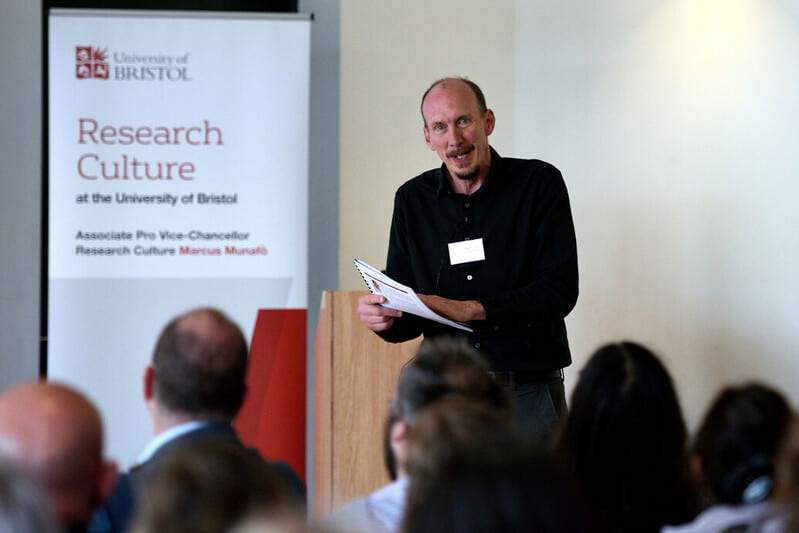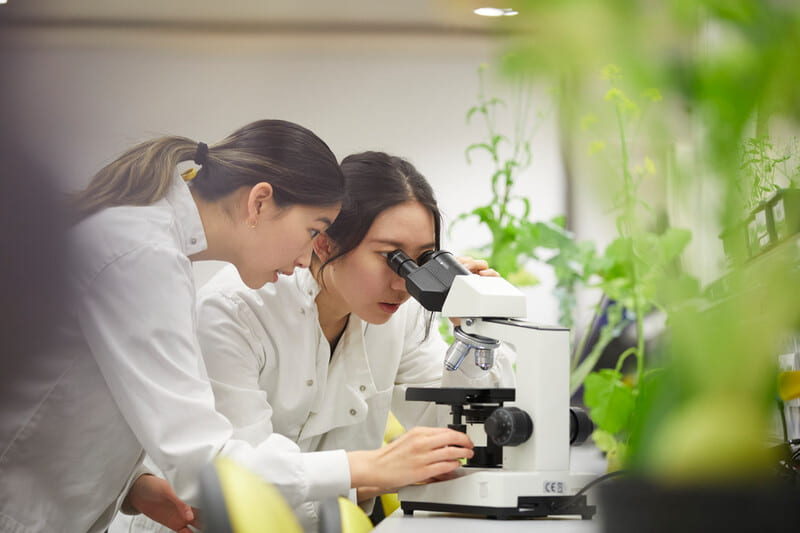Are you an undergraduate looking for laboratory internships?
Finding lab internships for the first time can be confusing, you may be unsure how to start and feel a little overwhelmed. We’ve taken the opportunity to break this down and share some insights from Carol Huang, a UoB MSci Plant Science student, who has successfully gained opportunities within the UK and Europe.
When should I apply?
- Peak time is November to January ready for a summer start (typically July – September)
- Some will be available later in the year (but usually only accessible via supervisors who have secured funding)
Generally, there’s two routes to getting a lab internship for the summer
- Find summer programmes advertised (these usually have funding secured and have a list of supervisors for you the pick), and apply for the programme [funding then project]
- Find a supervisor you would like to work with, and between the two of you, work out a project plan and apply for funding together [project then funding]

Where to look
- Foundations and Academic Societies in your Field (Sector guides, Bristol SU | Student Groups, Google)
- Approach supervisors in your school or through networking (e.g. speakers at seminars and talks)
- Opportunities are sometimes advertised in school/departmental newsletters
Carol’s experience
Carol was successful in gaining her first Lab Internship of 8 weeks with the International Undergraduate Summer School, John Innes Centre, through speaking with a UoB Staff Member, and acting as a Mentor for the Plant Science Foundation. She was encouraged to apply, even though she was informed she was highly unlikely to succeed as a first-year student, but that it would be useful application experience for the next year! Carol took full advantage of the opportunity and was delighted to be accepted.
Carol’s second lab experience
- Carol secured a place on the Amgen Scholars Programme, in Switzerland for 9-10 weeks. Carol discovered this through networking with a previous supervisor from the John Innes Centre.
- Carol gained practical research experience, used the opportunity to trial a different research style and gained awareness and experience of living in another culture.

Other ways Carol gained experience outside of the summer period was by asking the school for the opportunity to shadow a researcher in a lab and shadowing a Post Doc in Biological Sciences for 1 week, which provided great insight.
There are also often advertised opportunities to collect data for fieldwork organisations in the newsletter. This allows you to develop your experience with data and analytical skills.
Top tips
- Opportunities are often advertised in emails, tutorials and blackboard.
- Networking with academics can help you discover relevant opportunities.
- Seek internships based in different institutes to encourage collaboration.
- The ones that start with funding already available tend to be very competitive.
- The package internships with an outlined project and assigned funding are extremely competitive 4% success rate.
For tips and resources to help you start Networking, see our Networking and LinkedIn resources.
